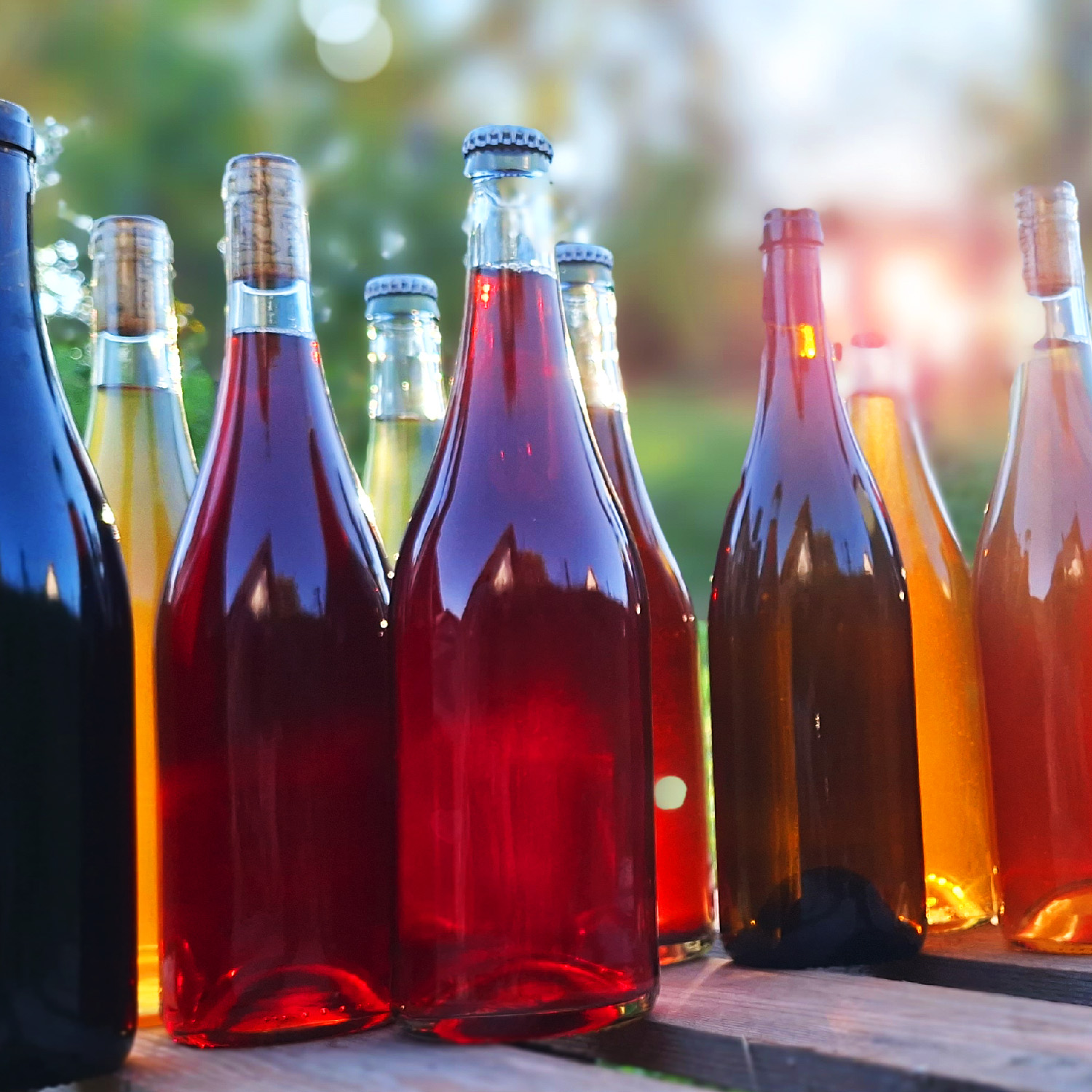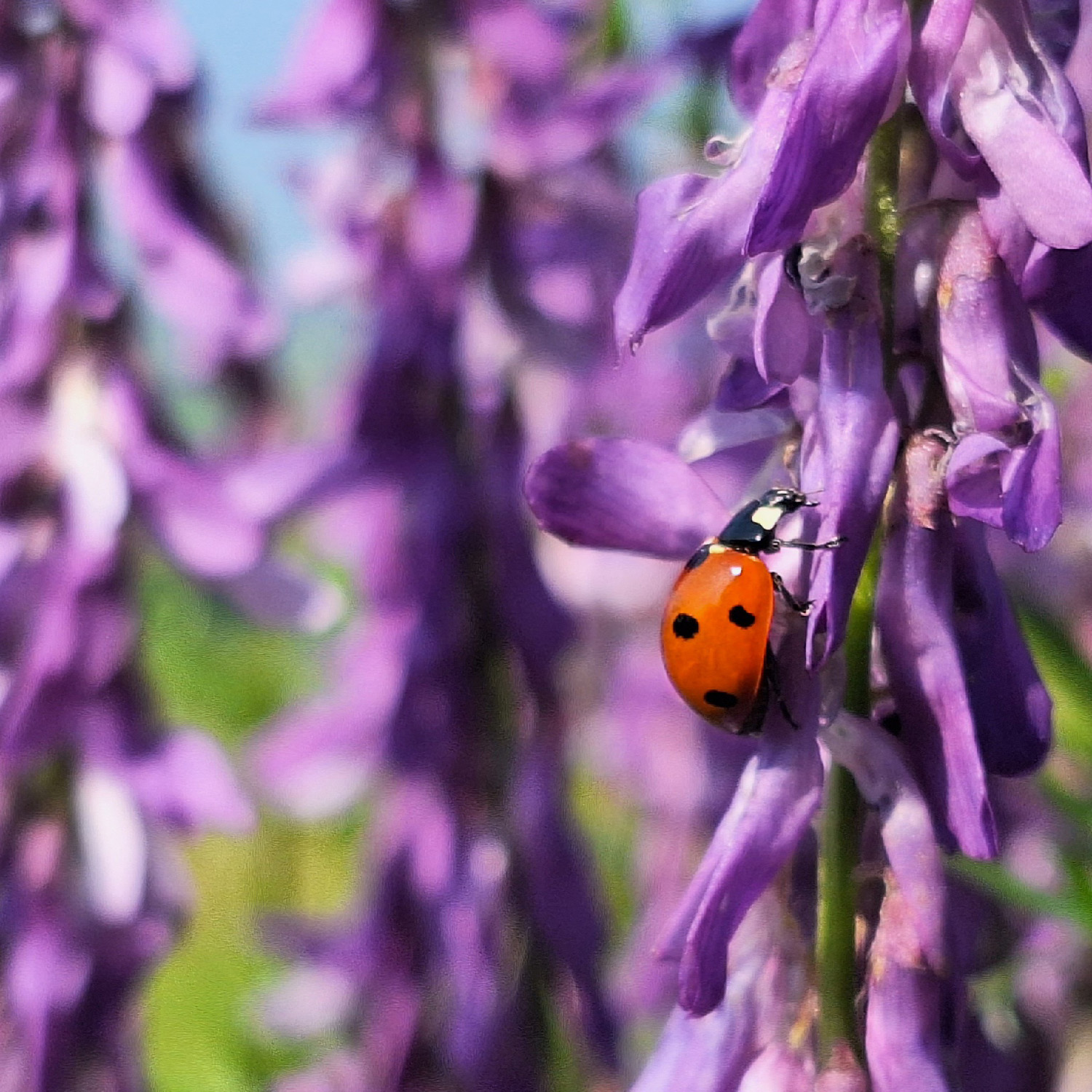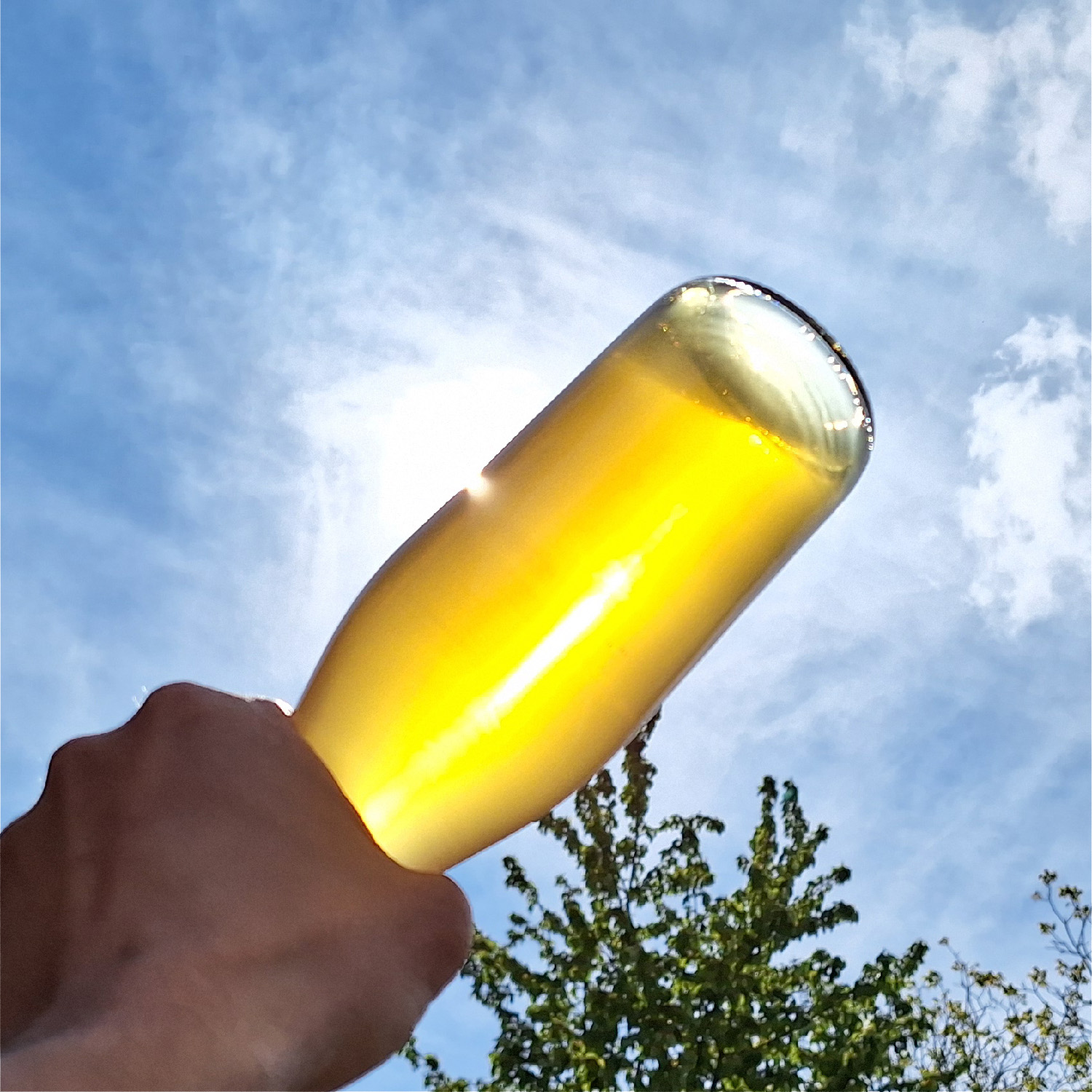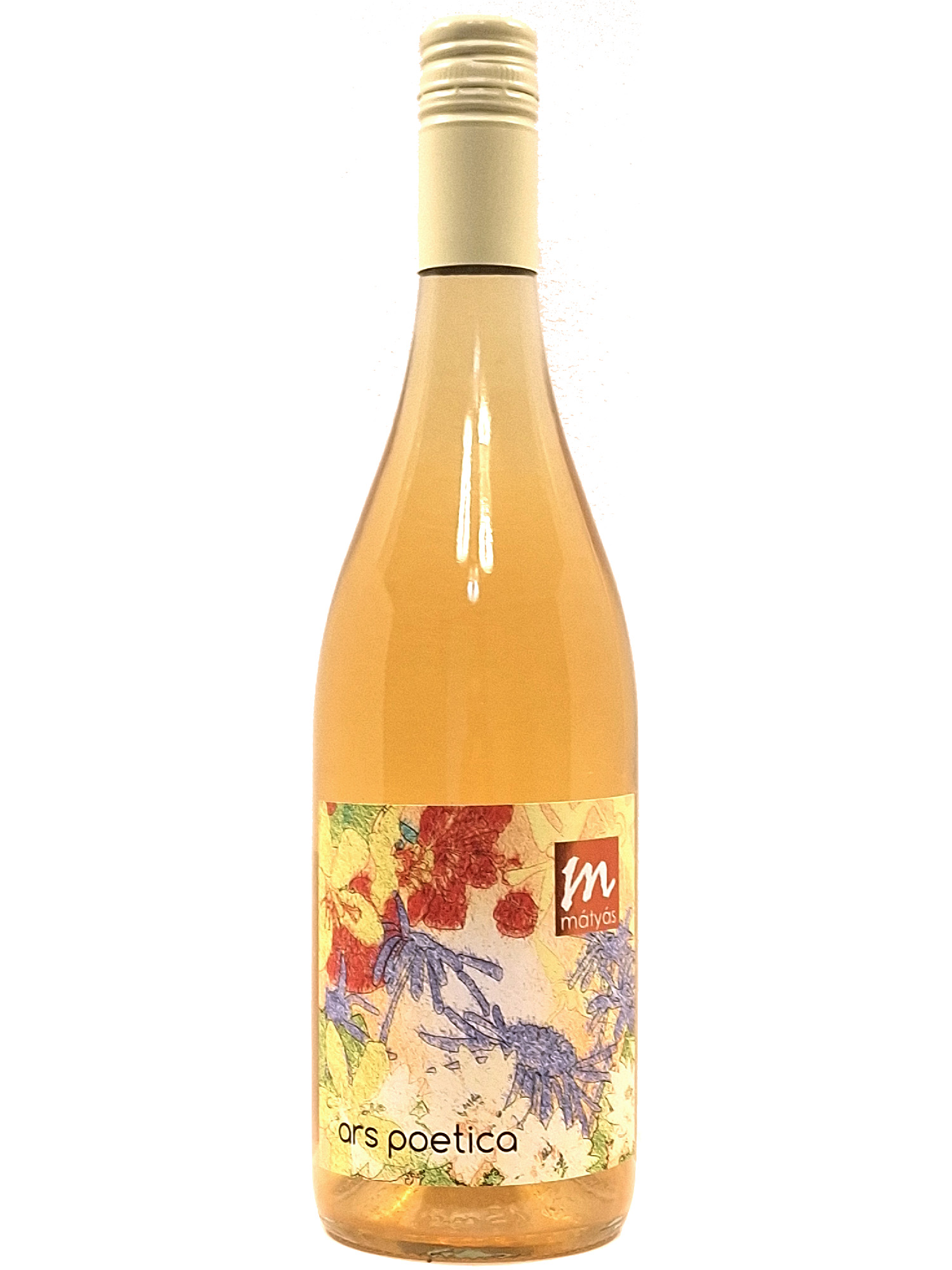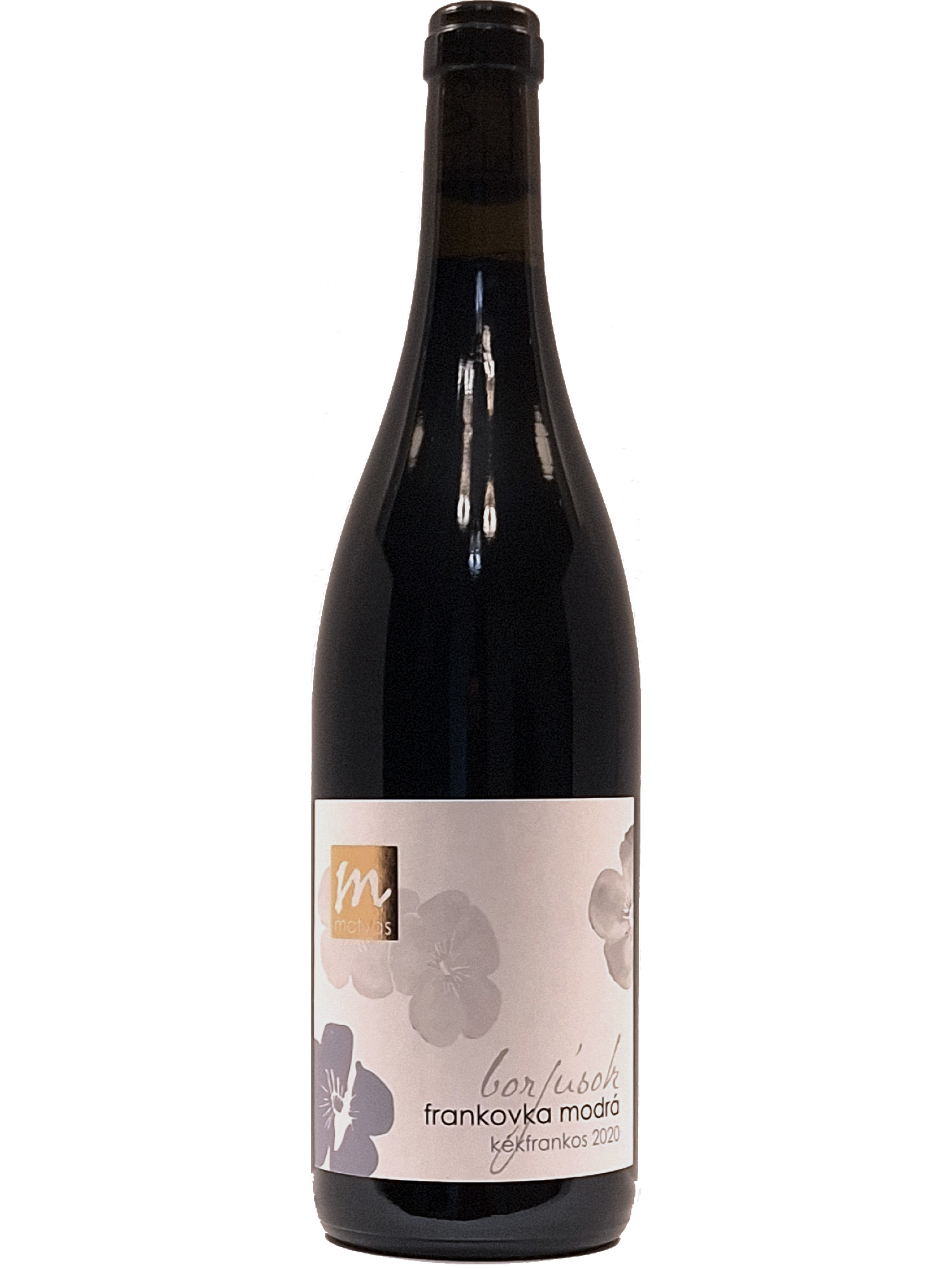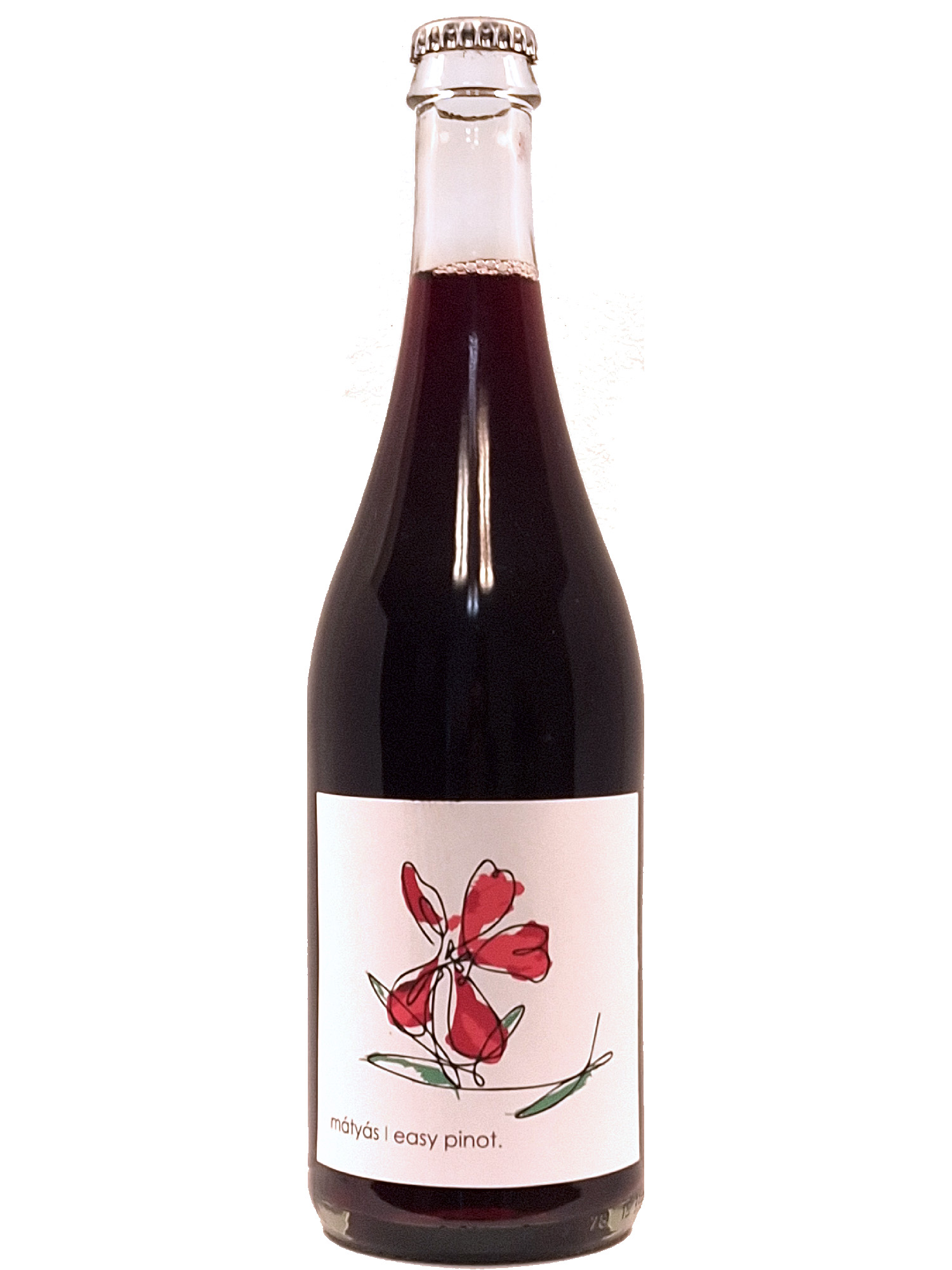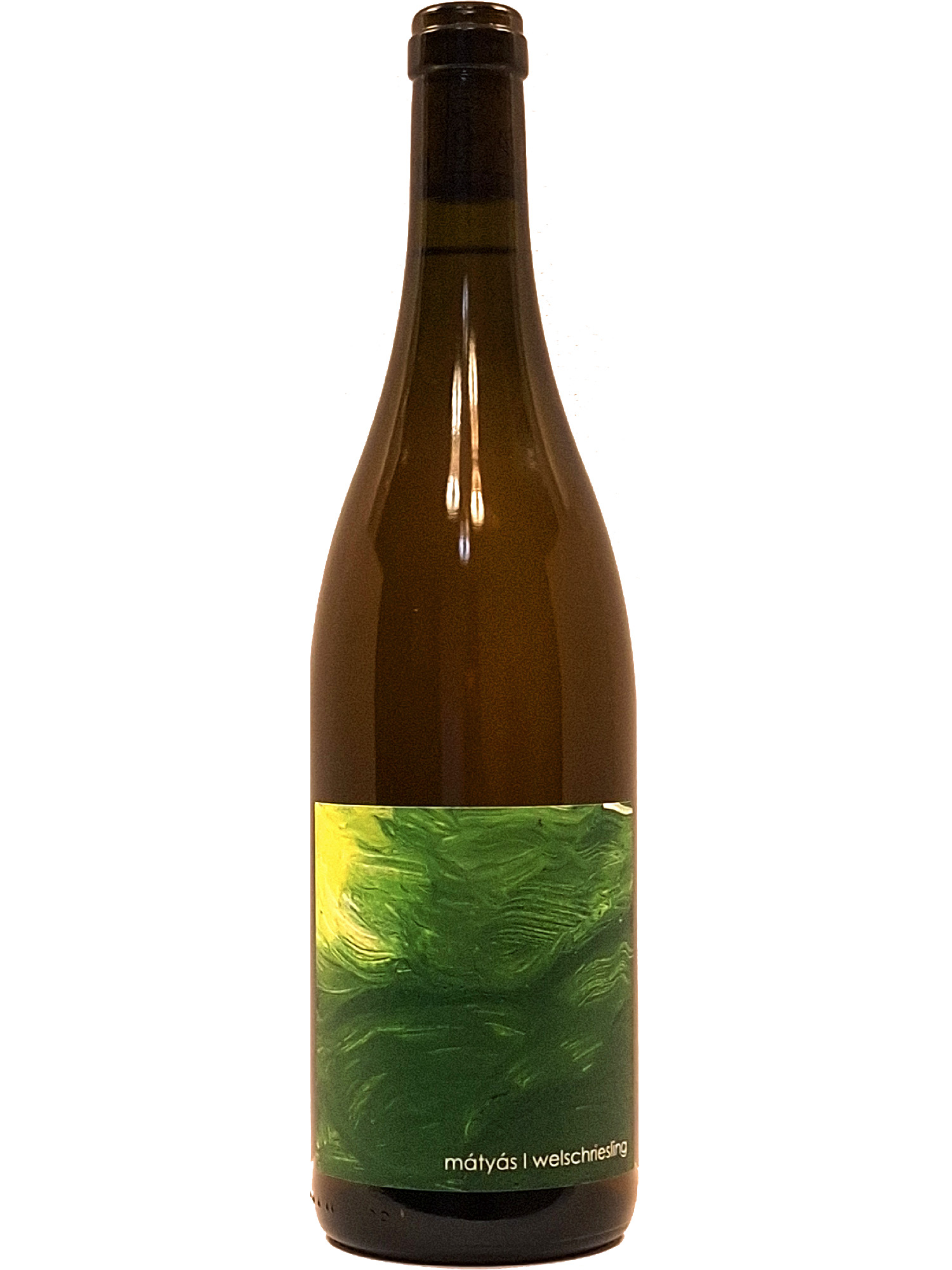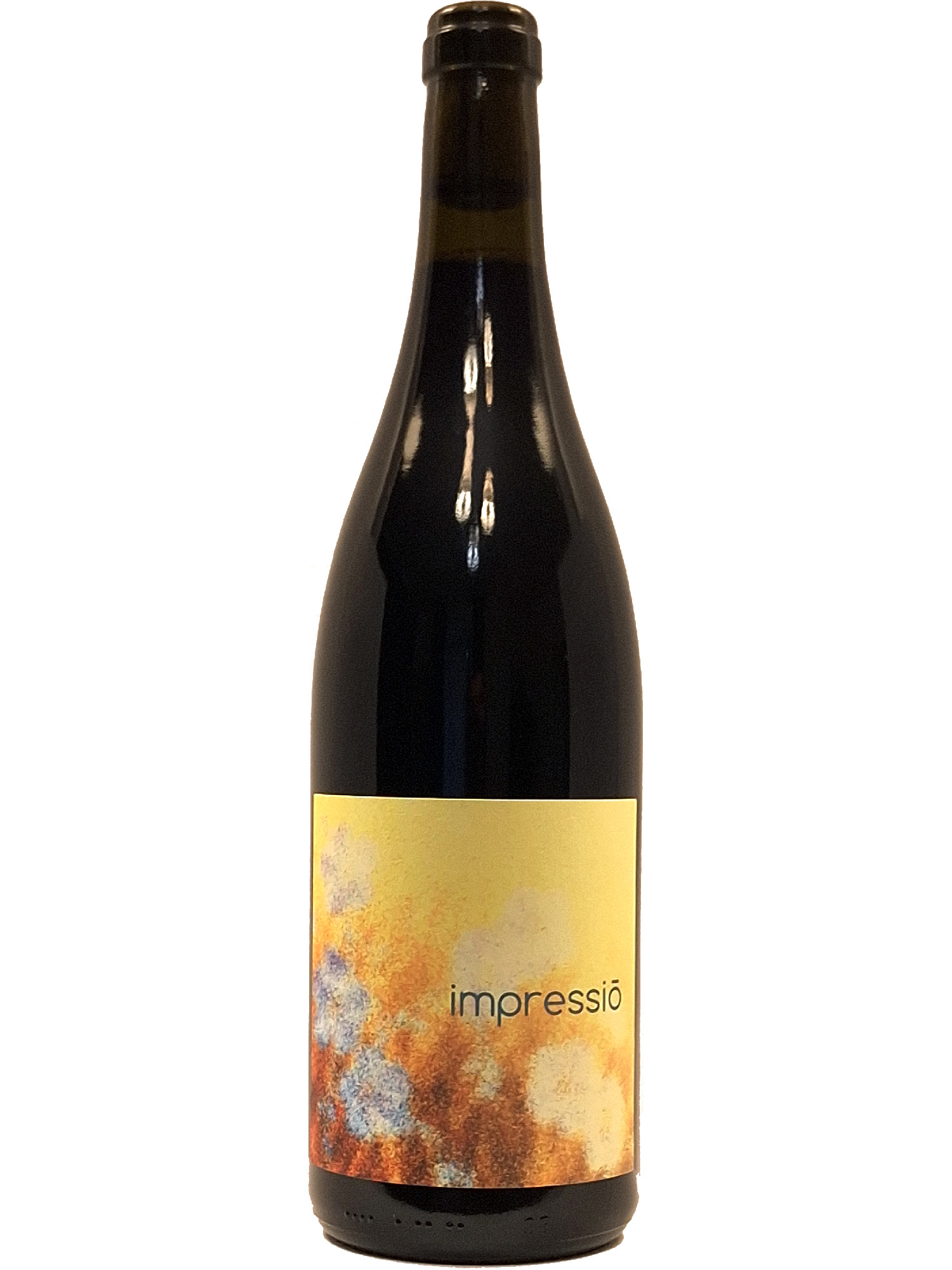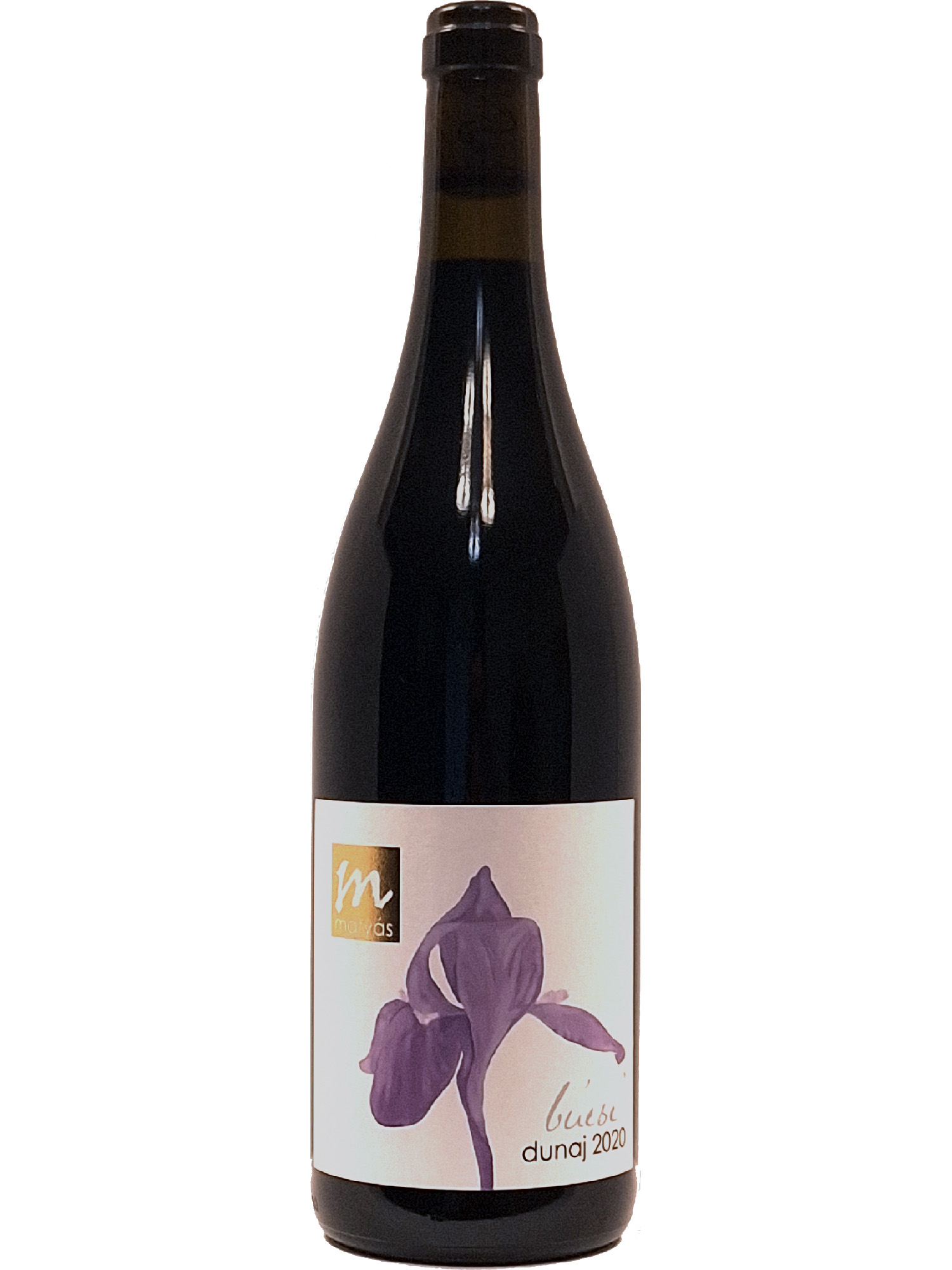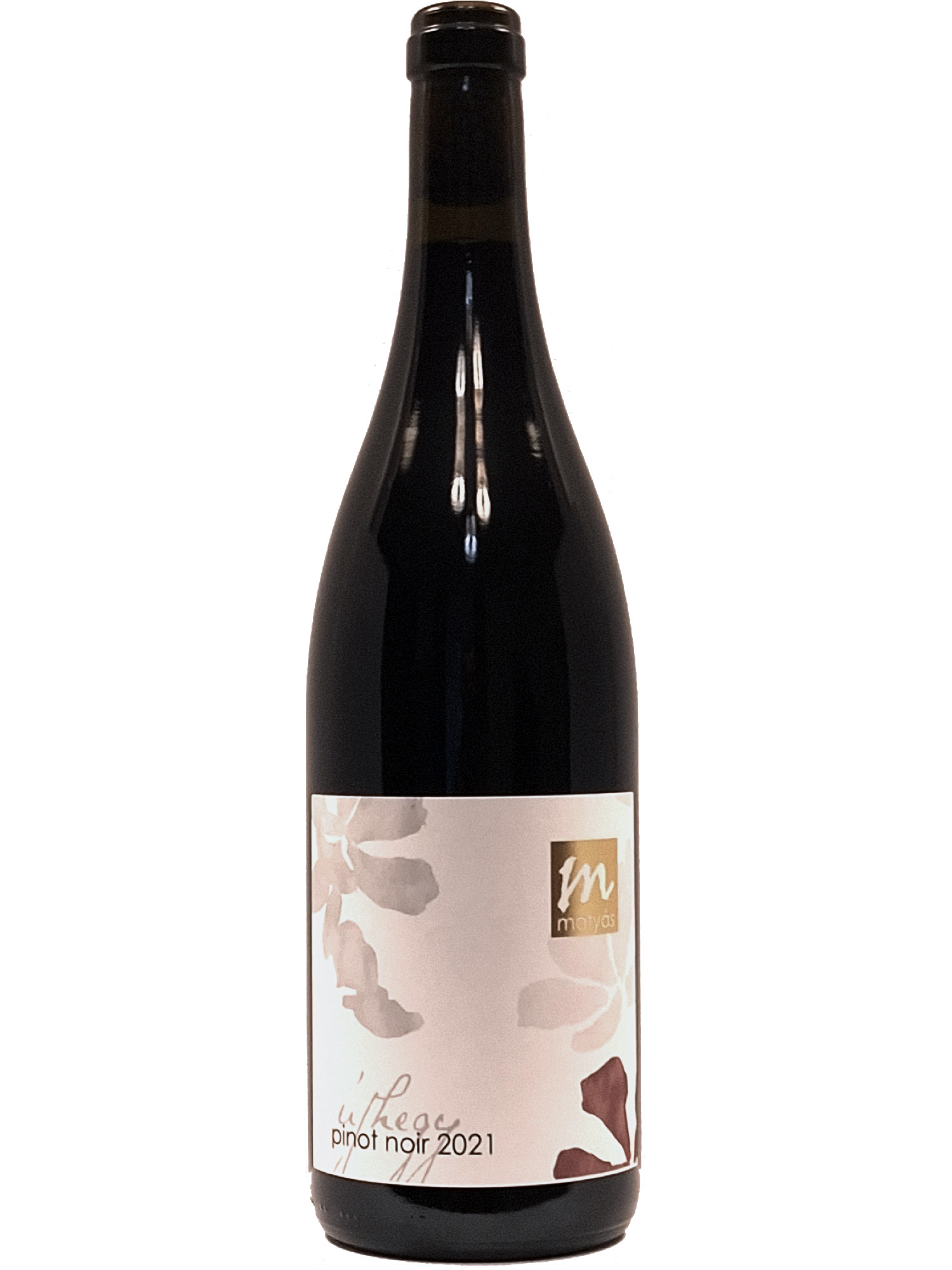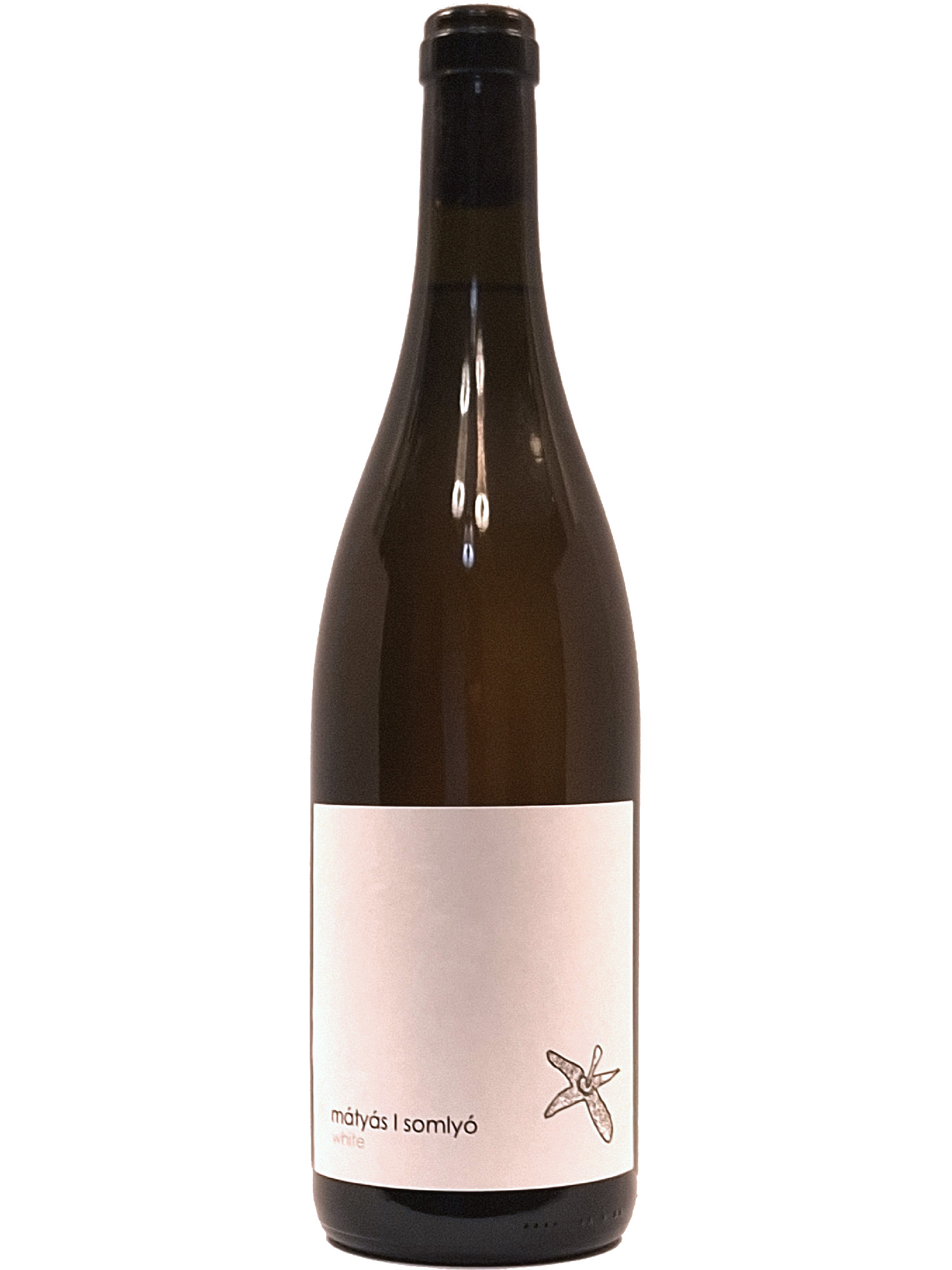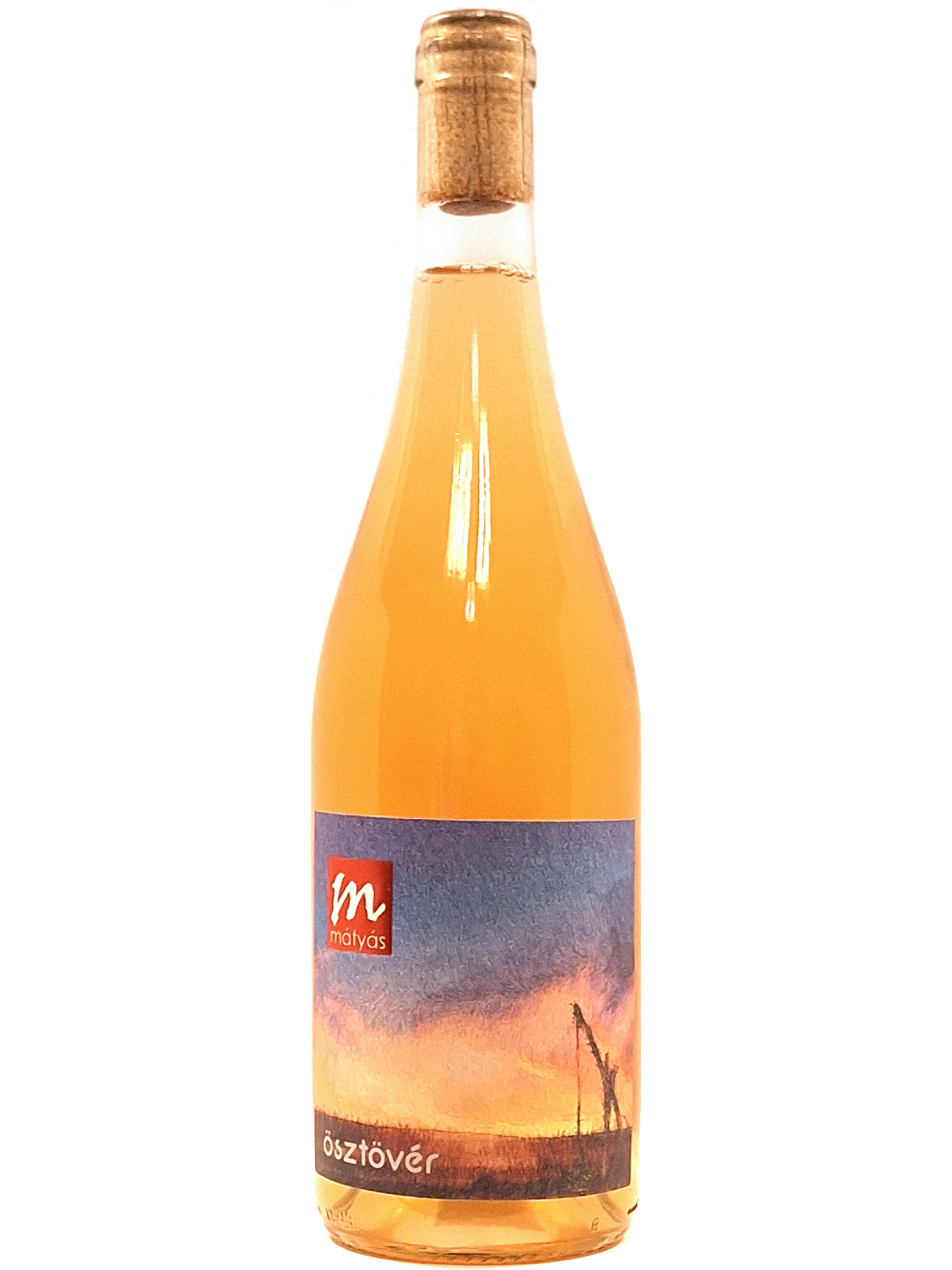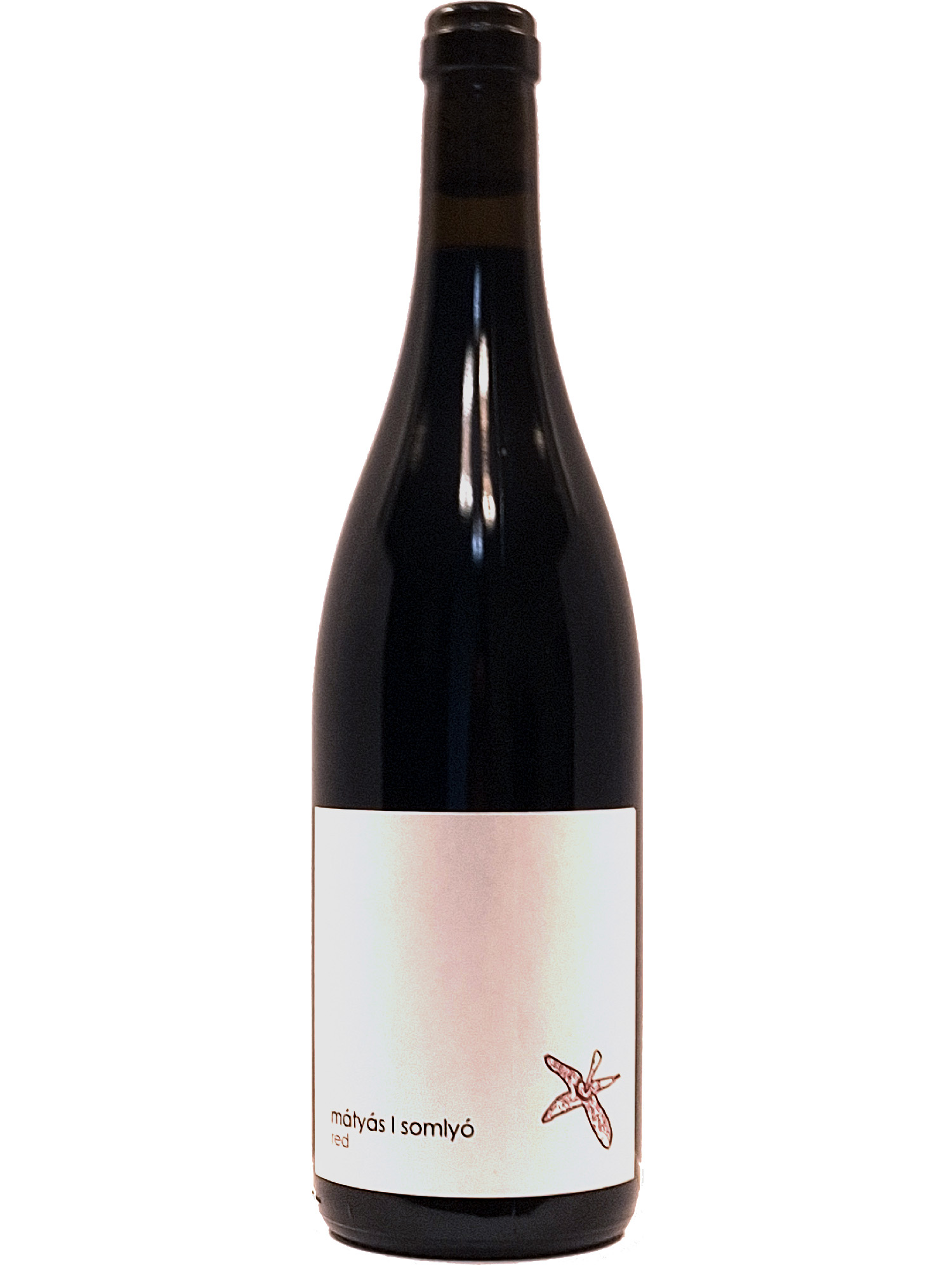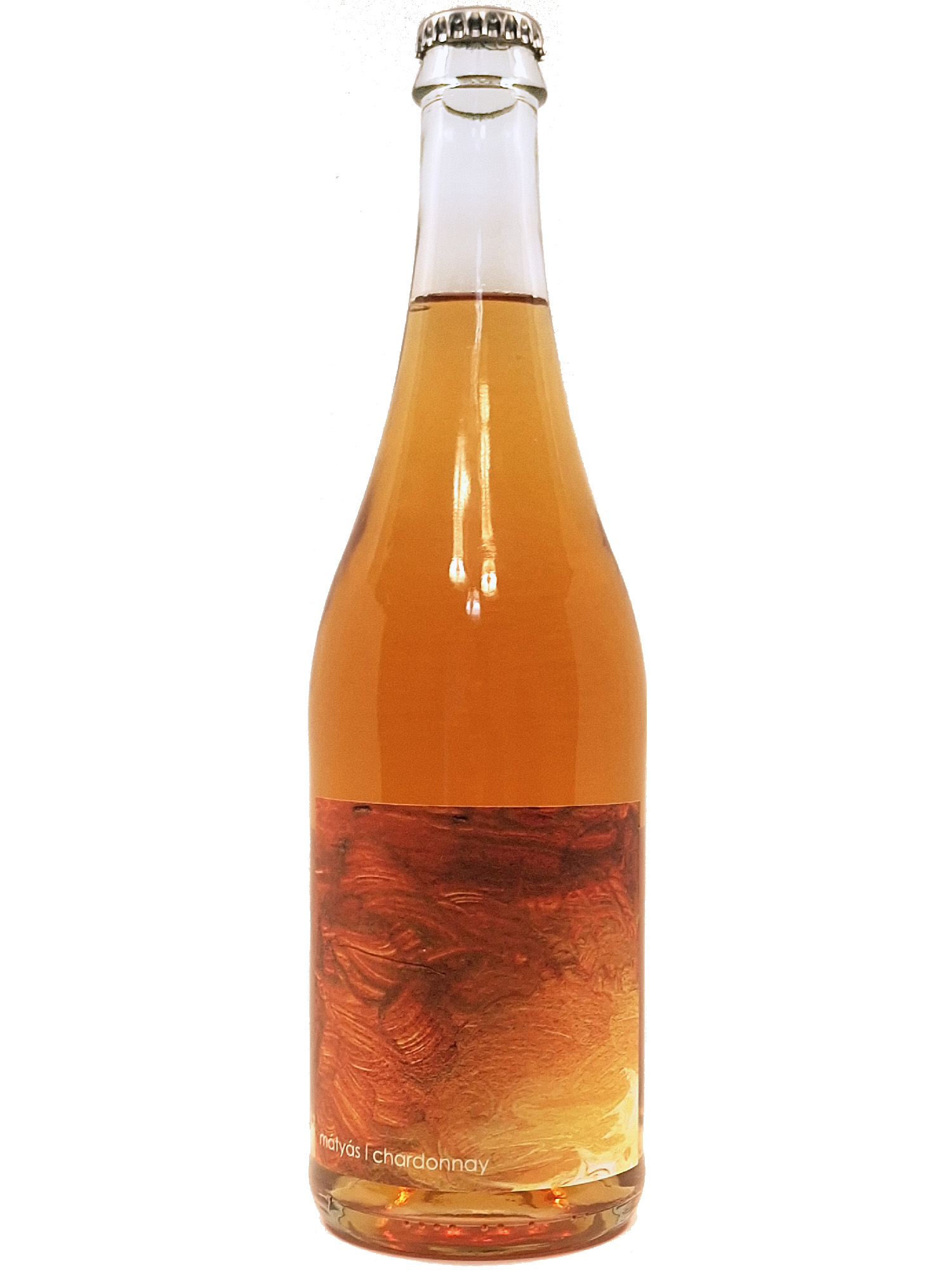
About Us
Though our first bottles were produced in 2005, our history of winemaking started ages before that. Just like every family in our village, ours also had a small vineyard with a tiny cellar, where we were able to make just enough wine to satisfy our own needs. This tiny vineyard and cellar were our legacy, just like our passion and commitment to wines.
Our story, as a winery, started in 2003, when we decided to turn our heritage into an estate. It took us six years to develop the property into what it is today: a 12-hectare vineyard and a new cellar.
As Cicero said: 'Things perfected by nature are better than those finished by art.'
Our philosophy in the vineyards is ‘turning back to nature’. We want to cooperate with it, not to exploit its resources, to cultivate sustainably as well as to restore and maintain the highly valuable biodiversity. We cultivate our vineyards in an organic way all the way from planting, and we have been a certified organic farm since 2013. Our aim is to become biodynamic and thus reach the highest-level of cooperation and harmony with the nature and our universe. We have already been performing tasks in line with Moon phases and the constellations in many fields.


